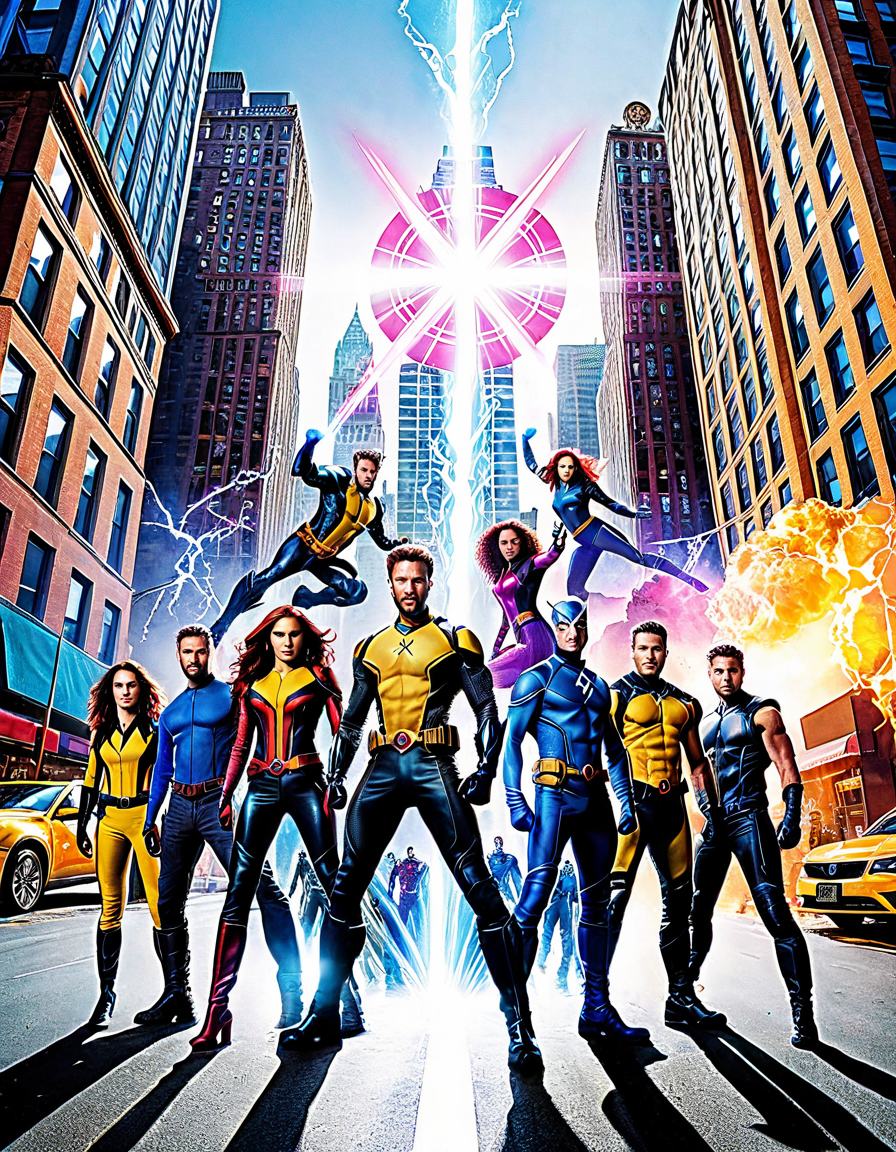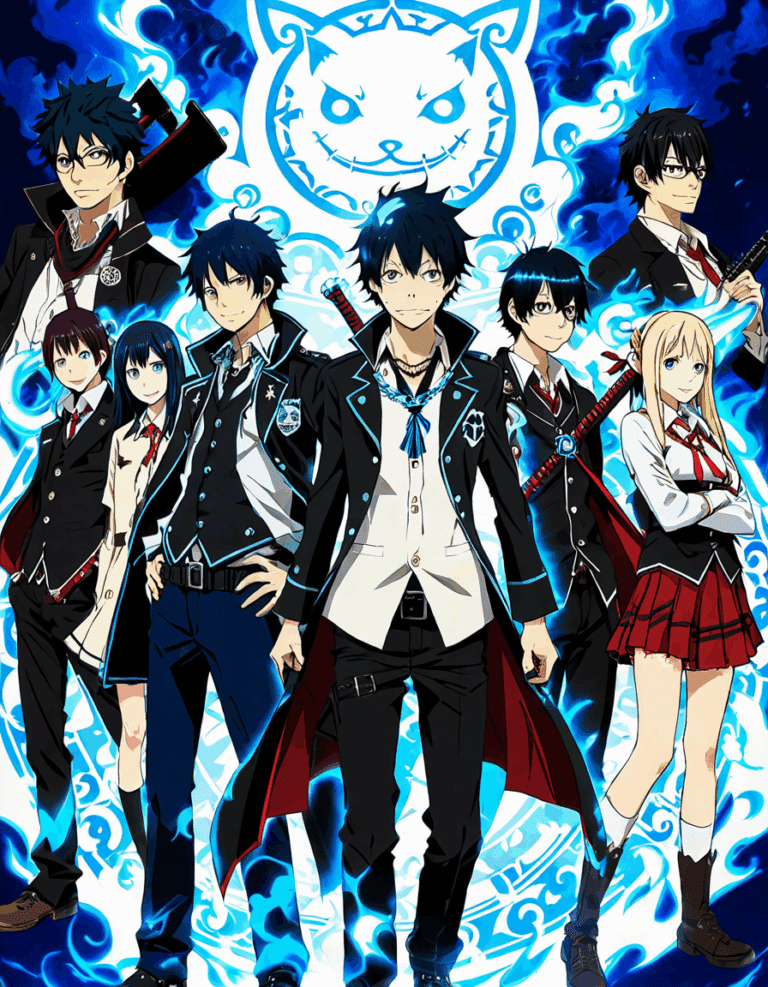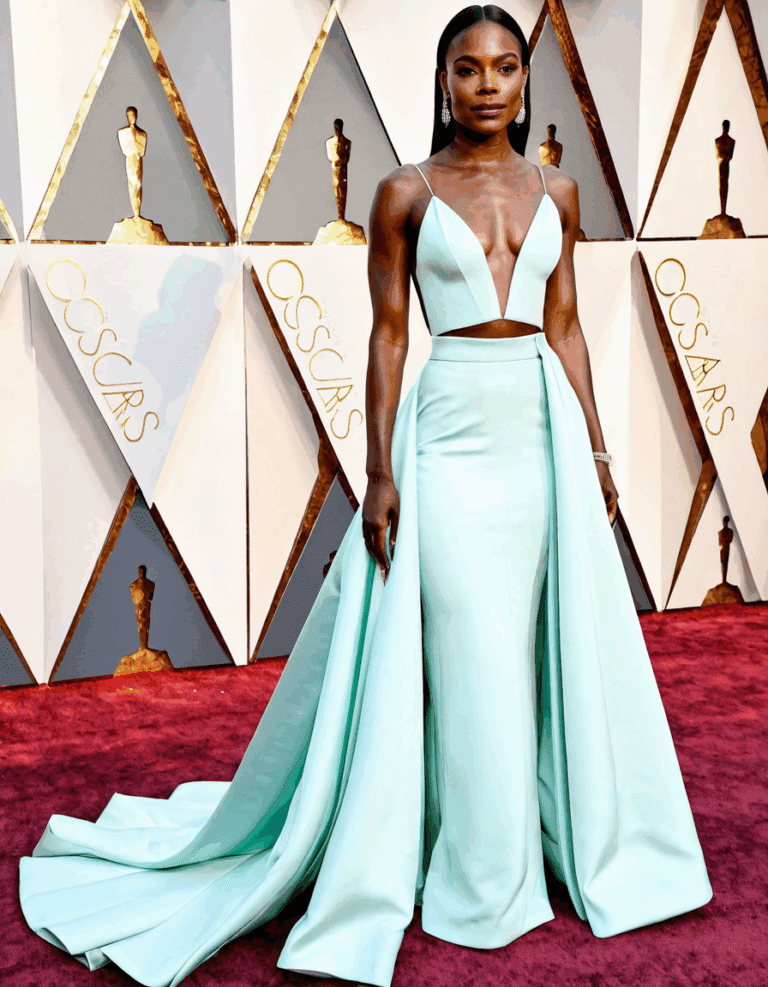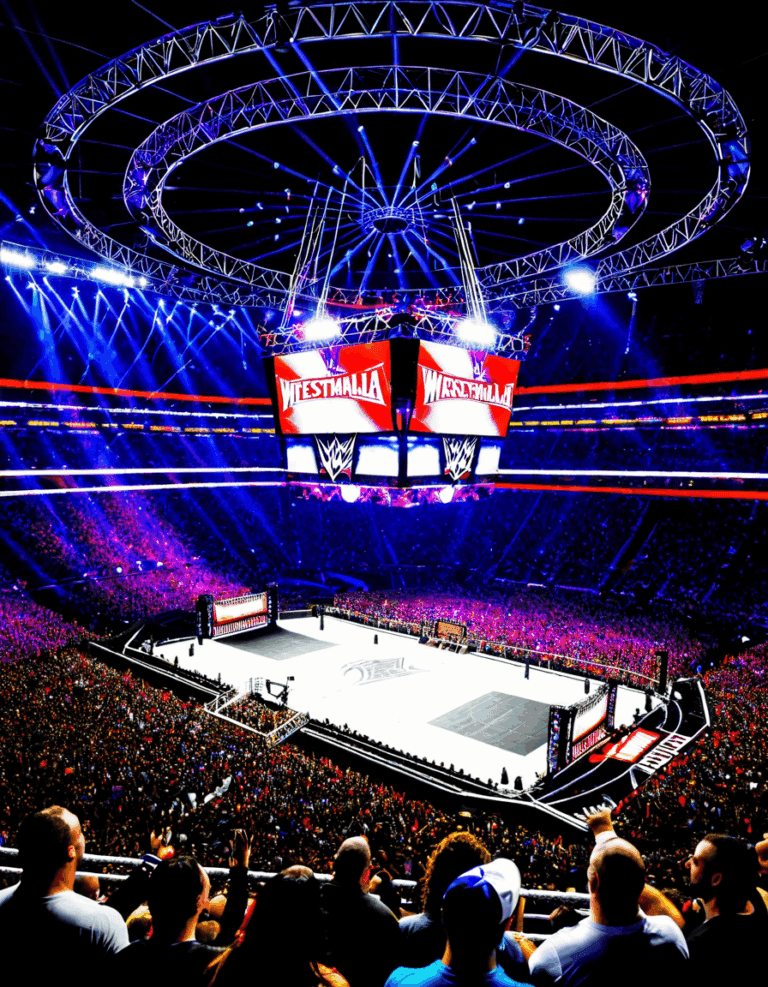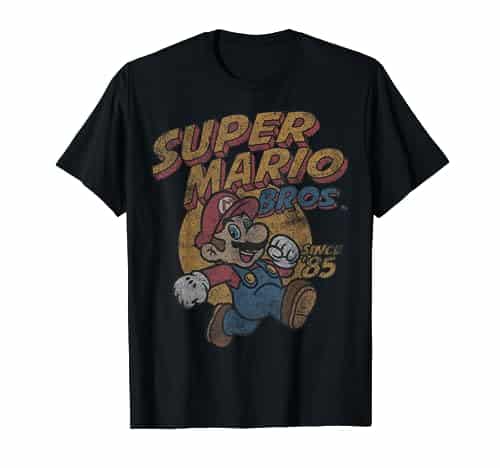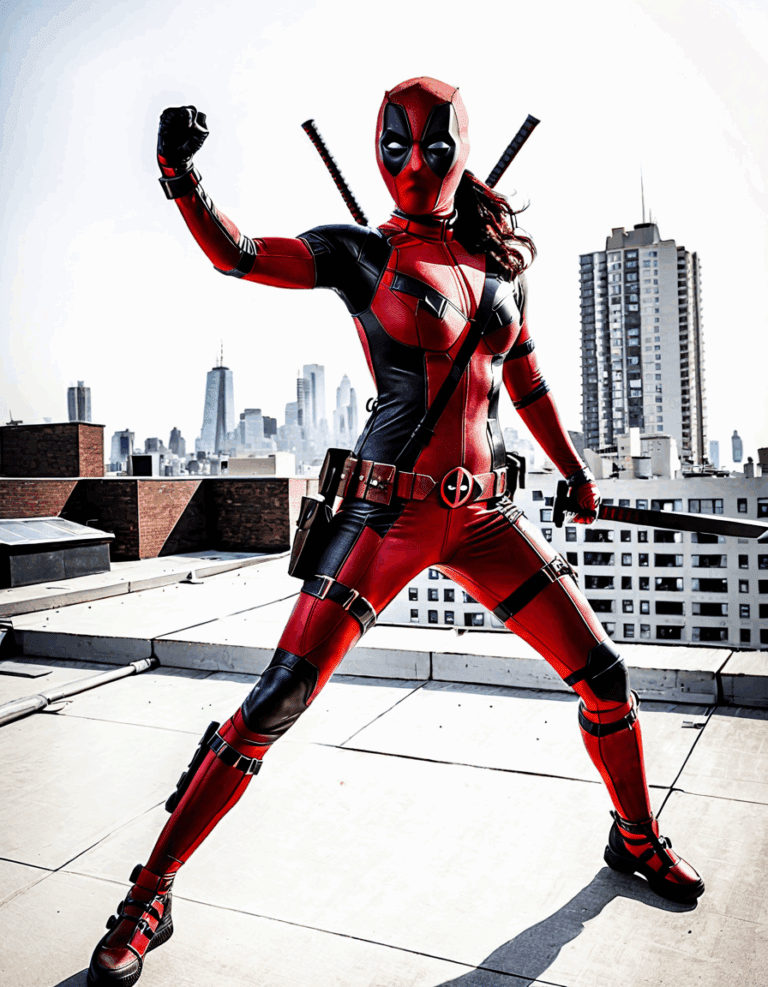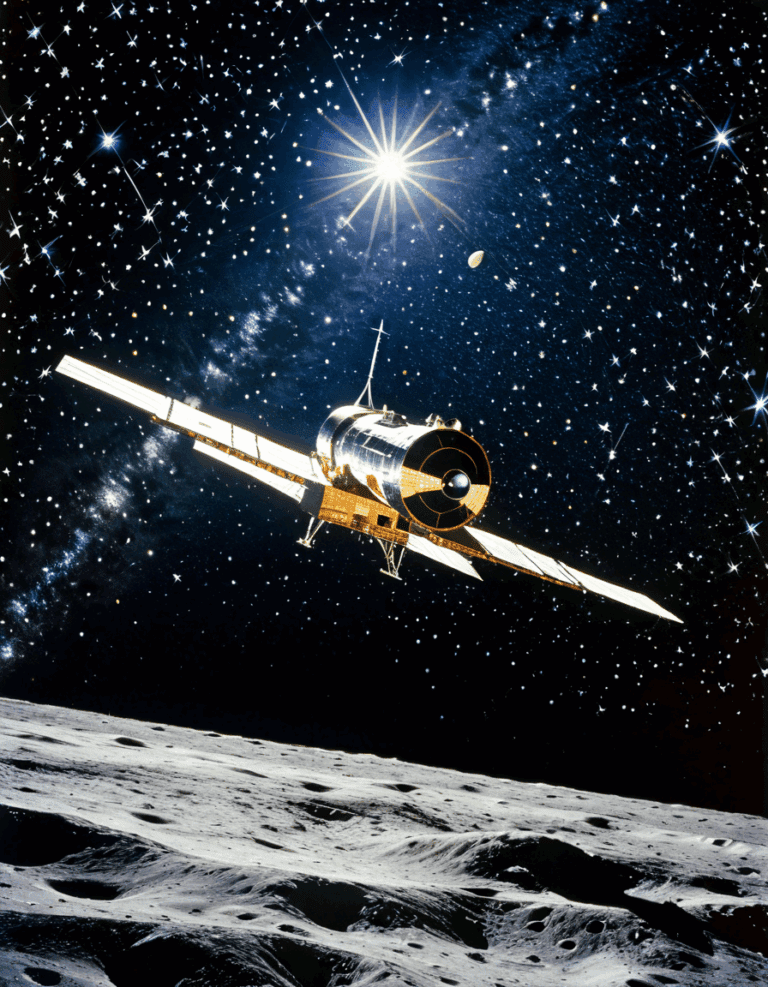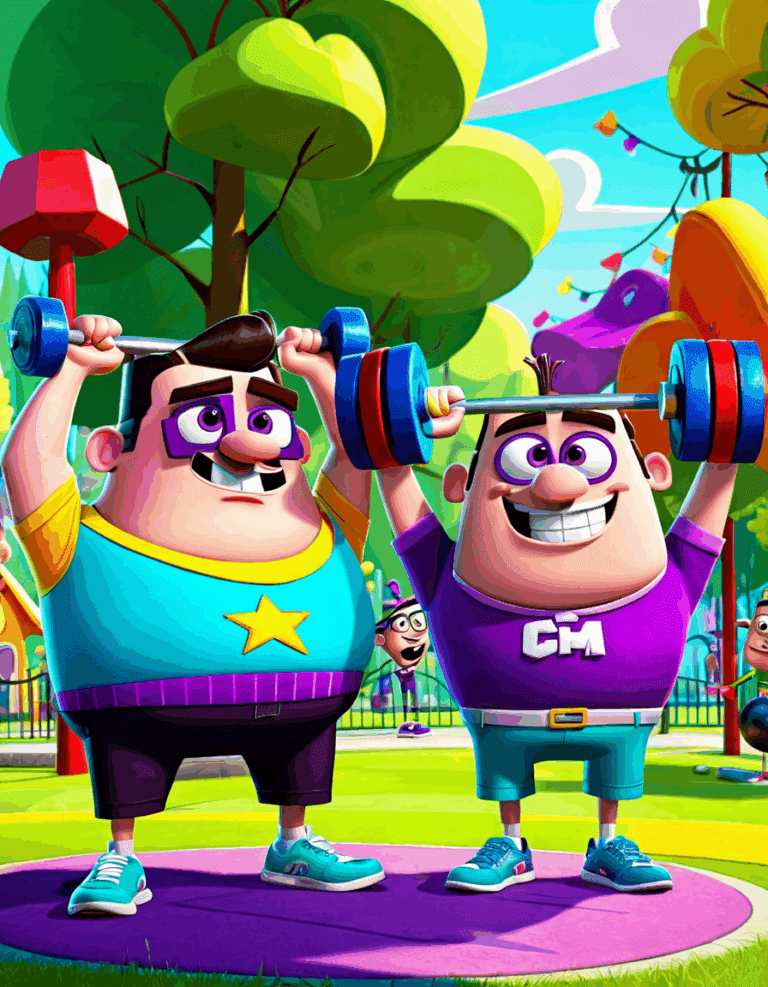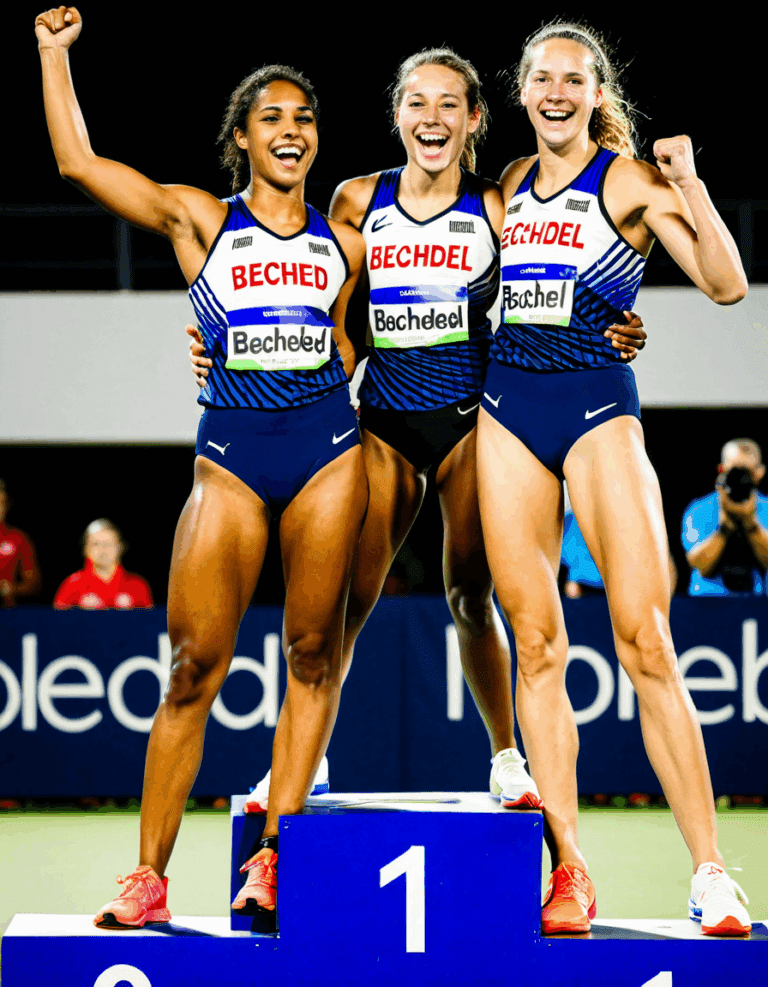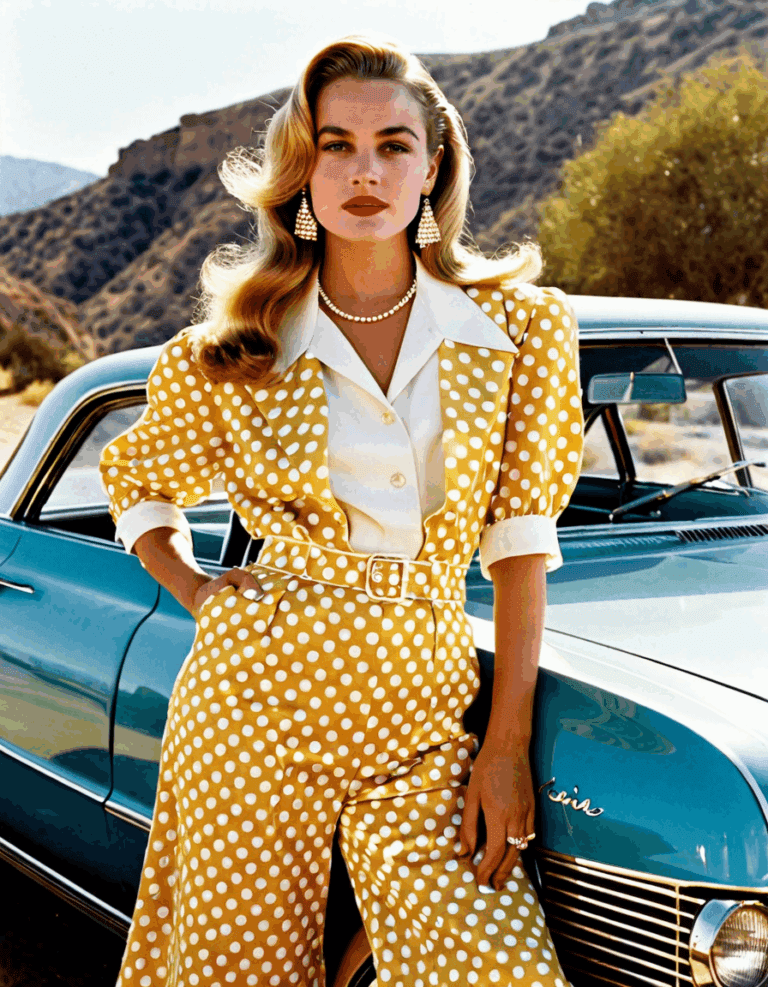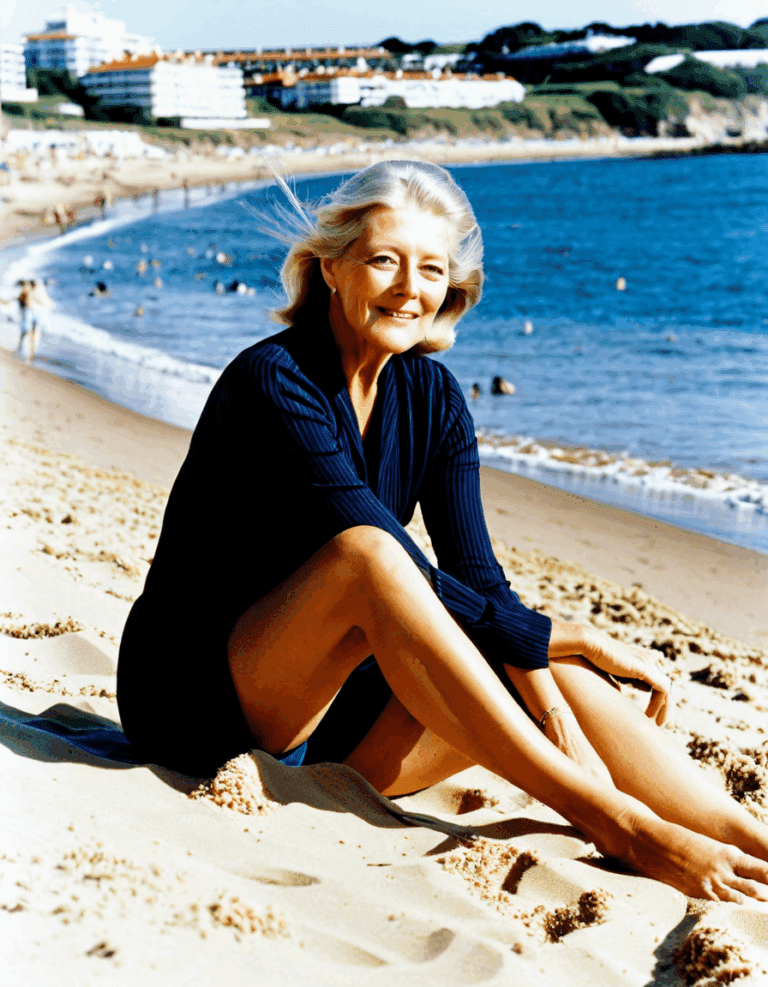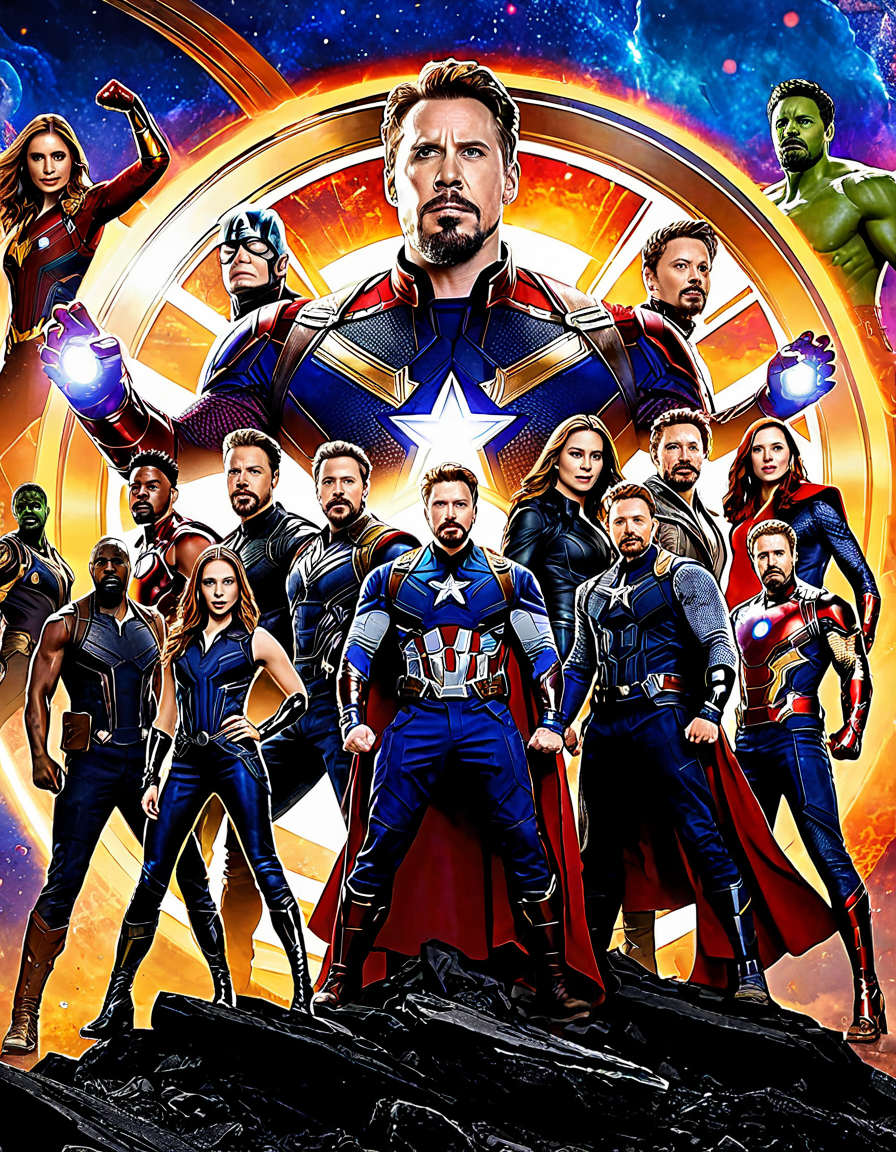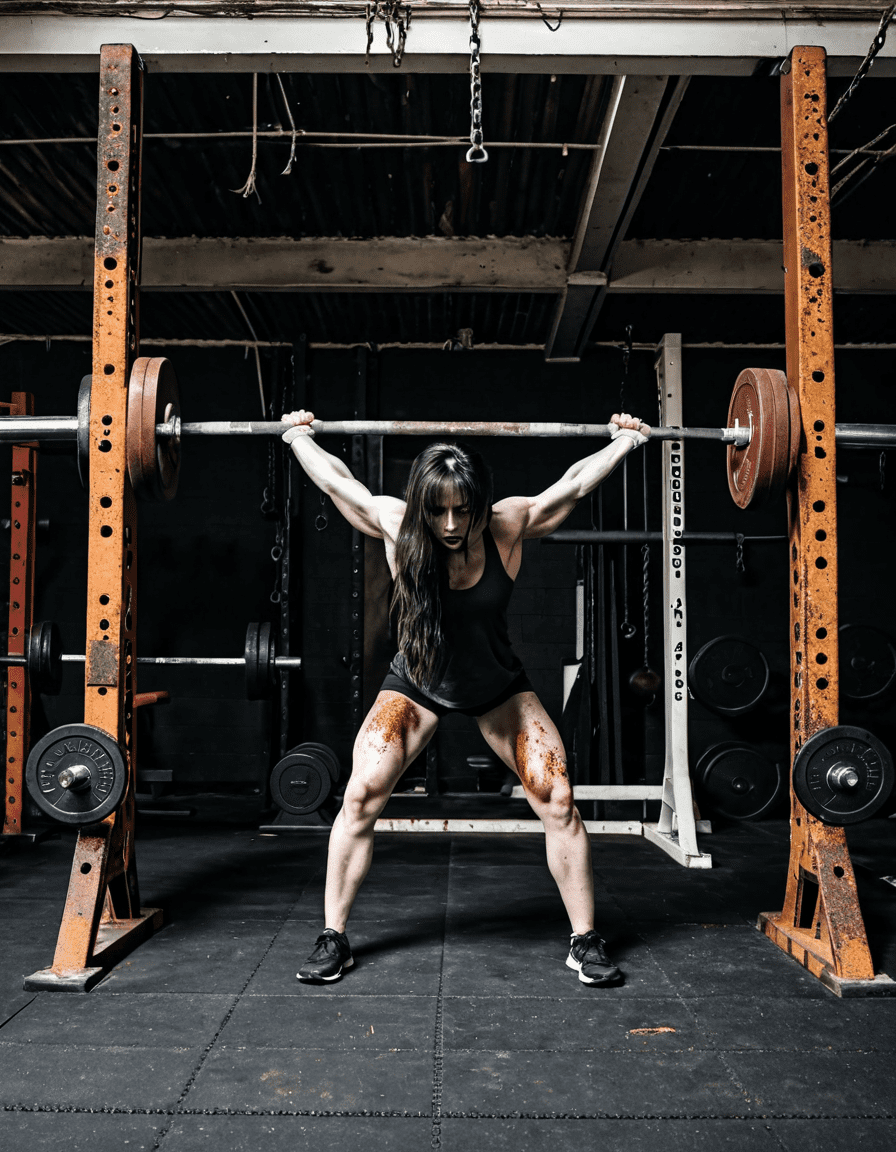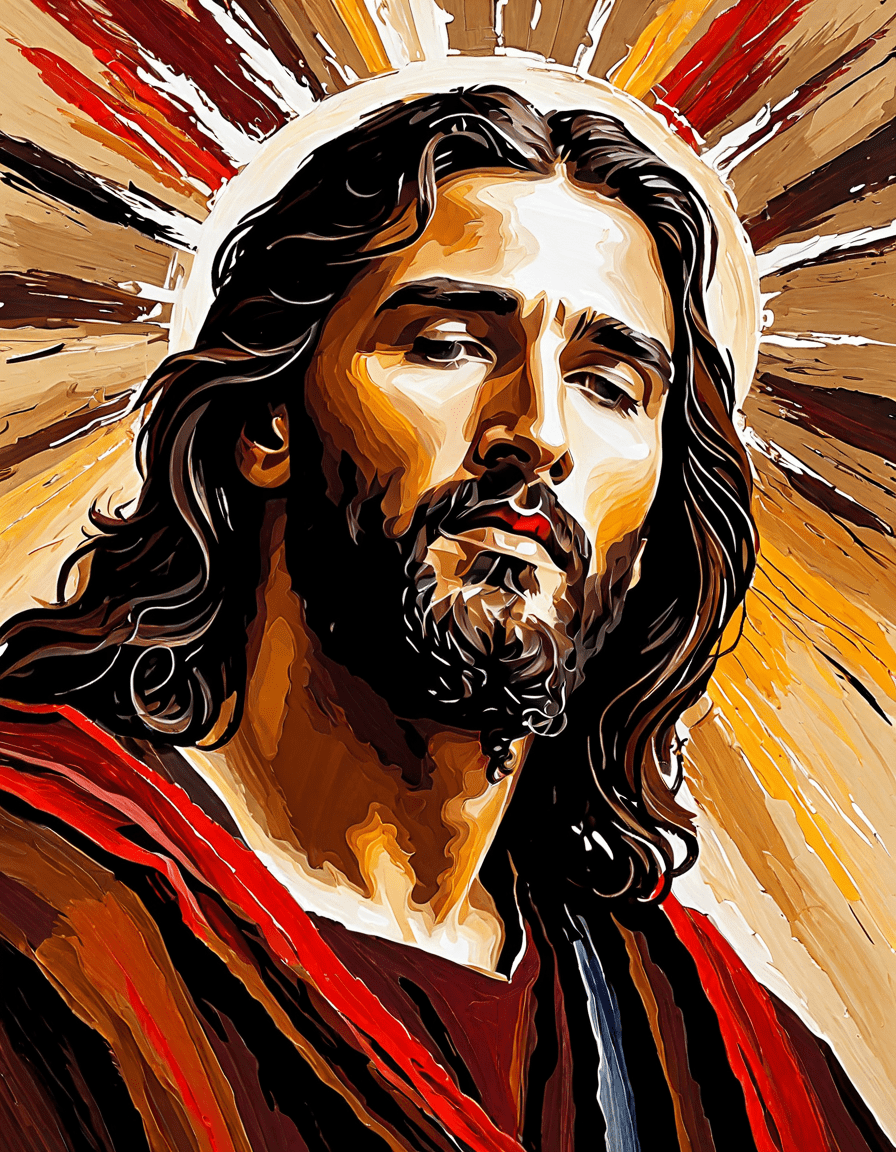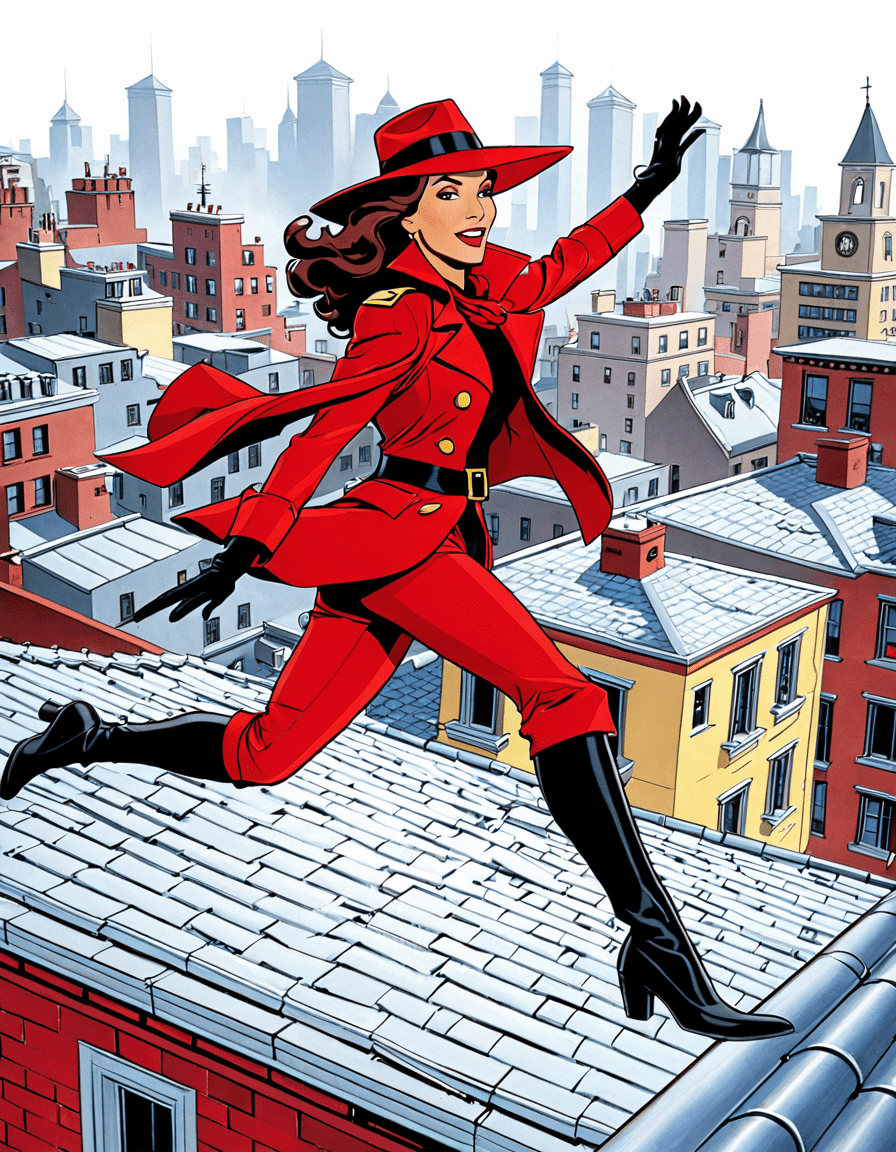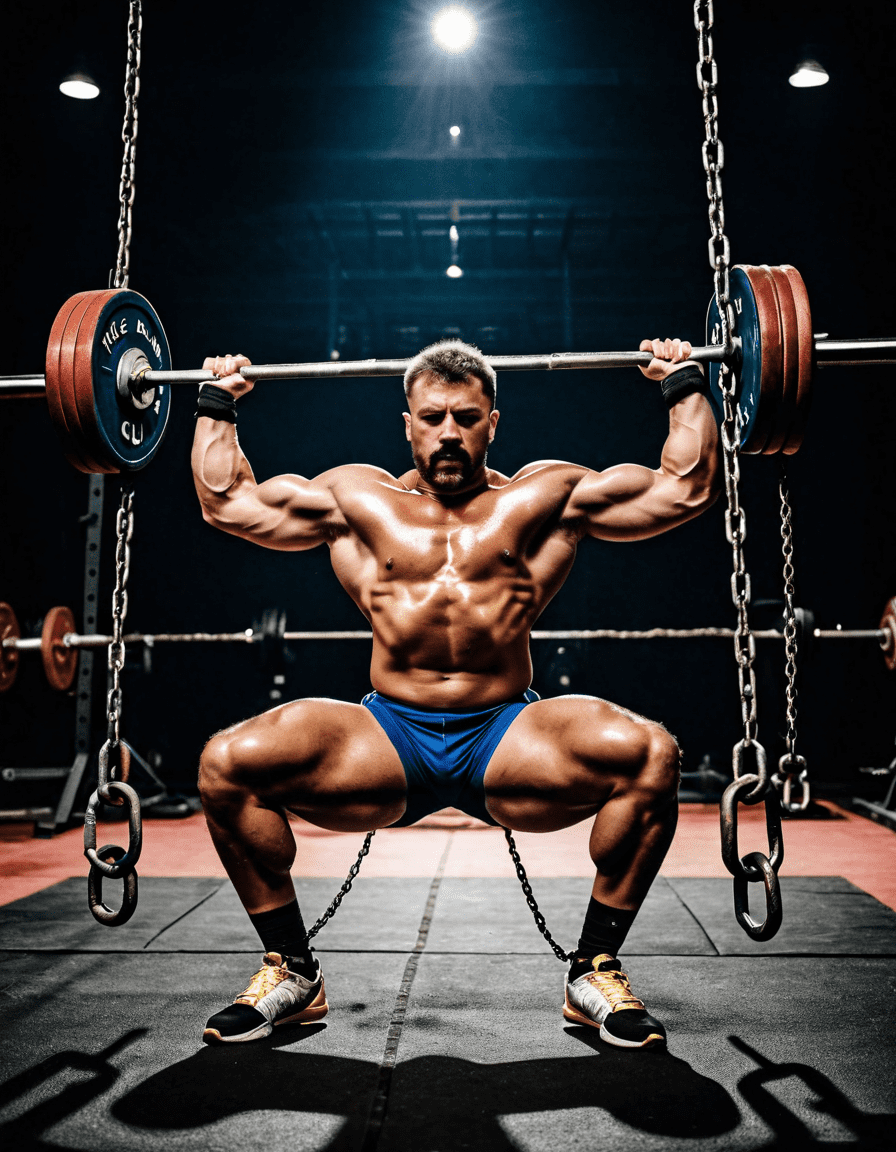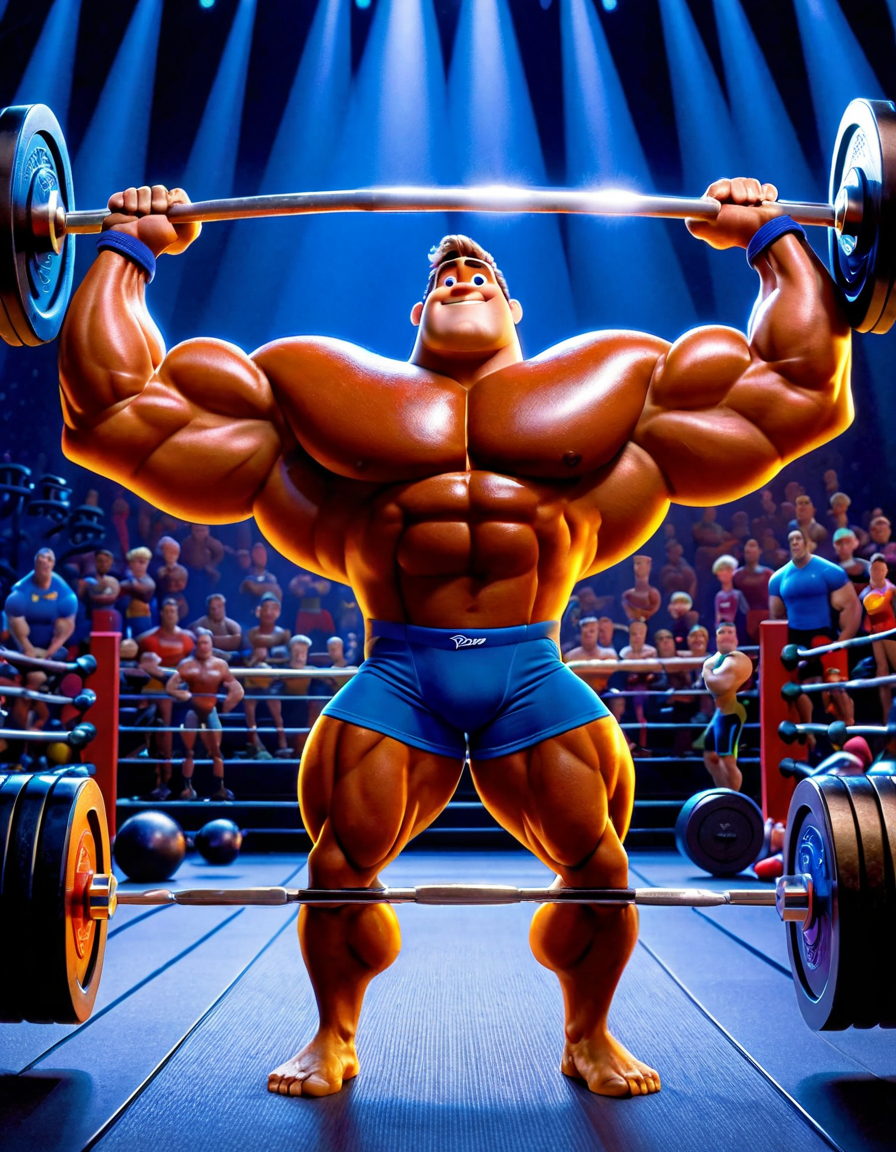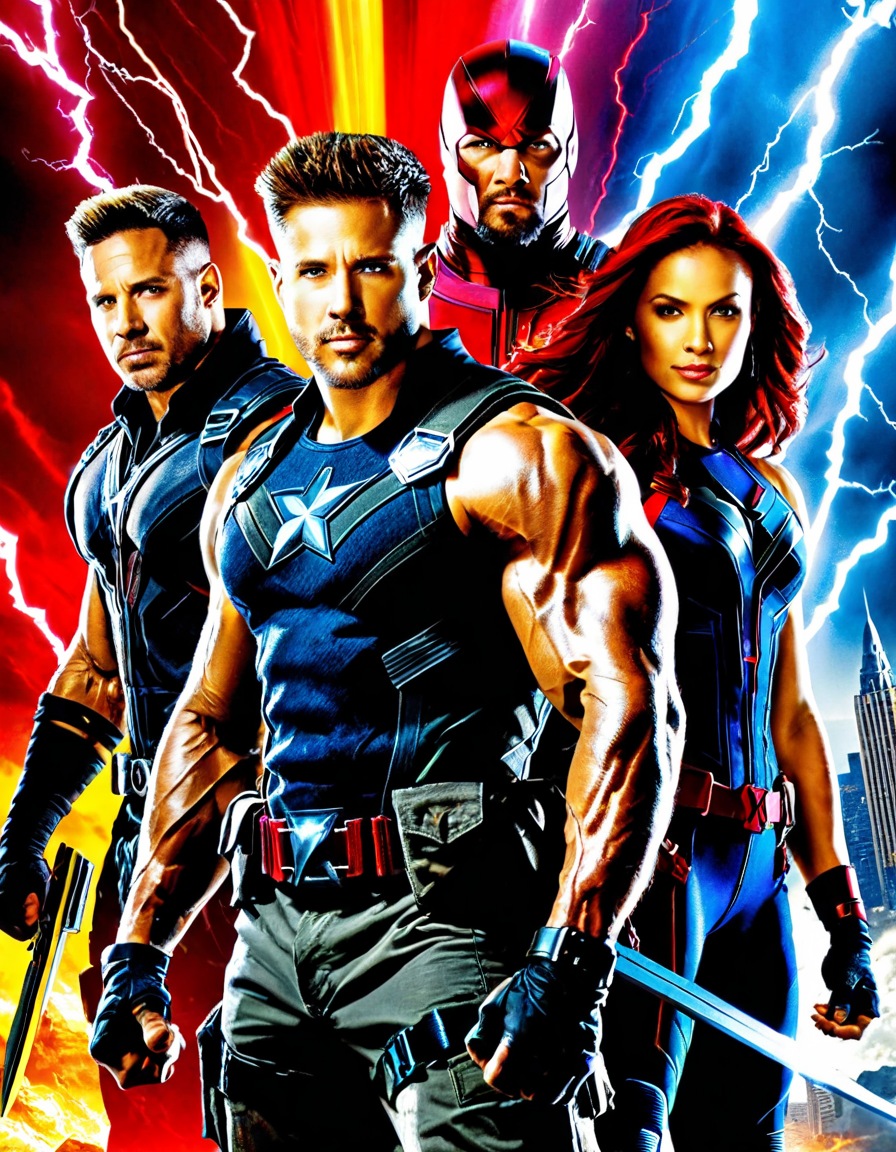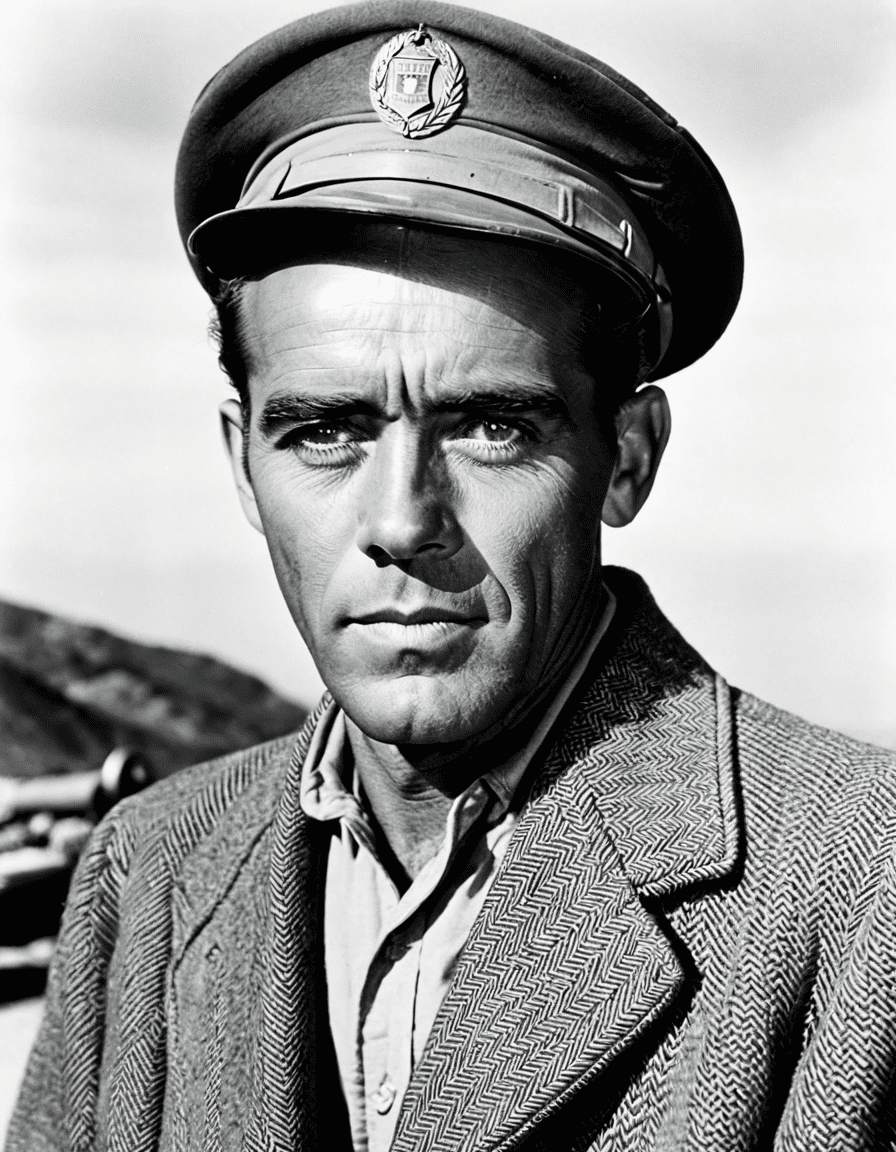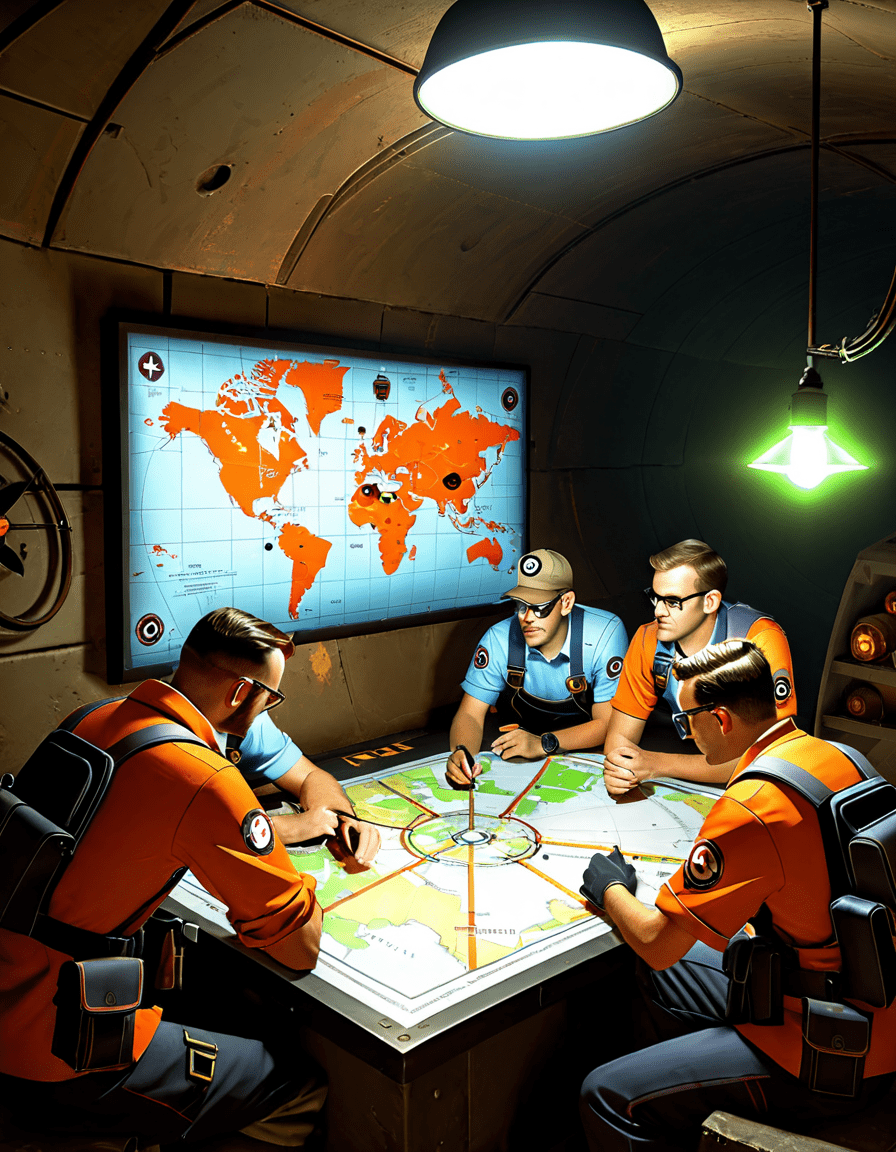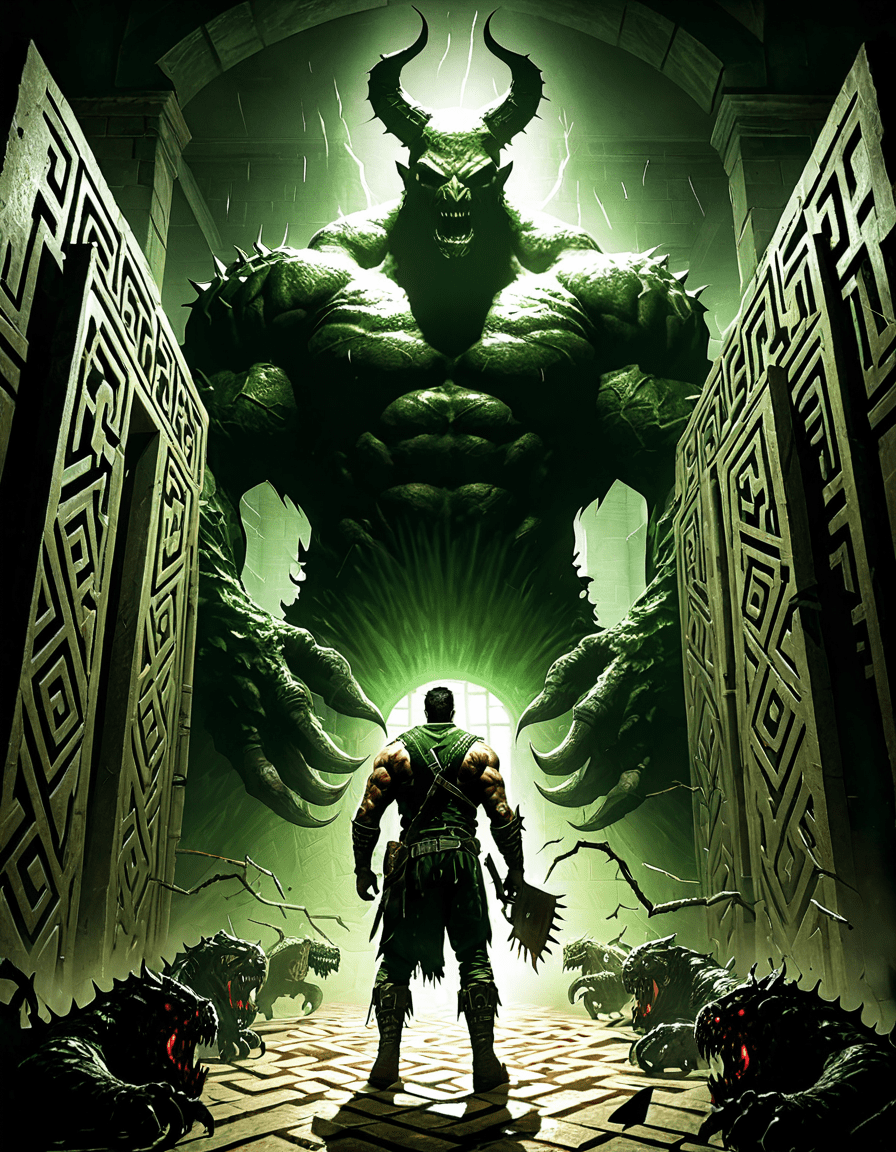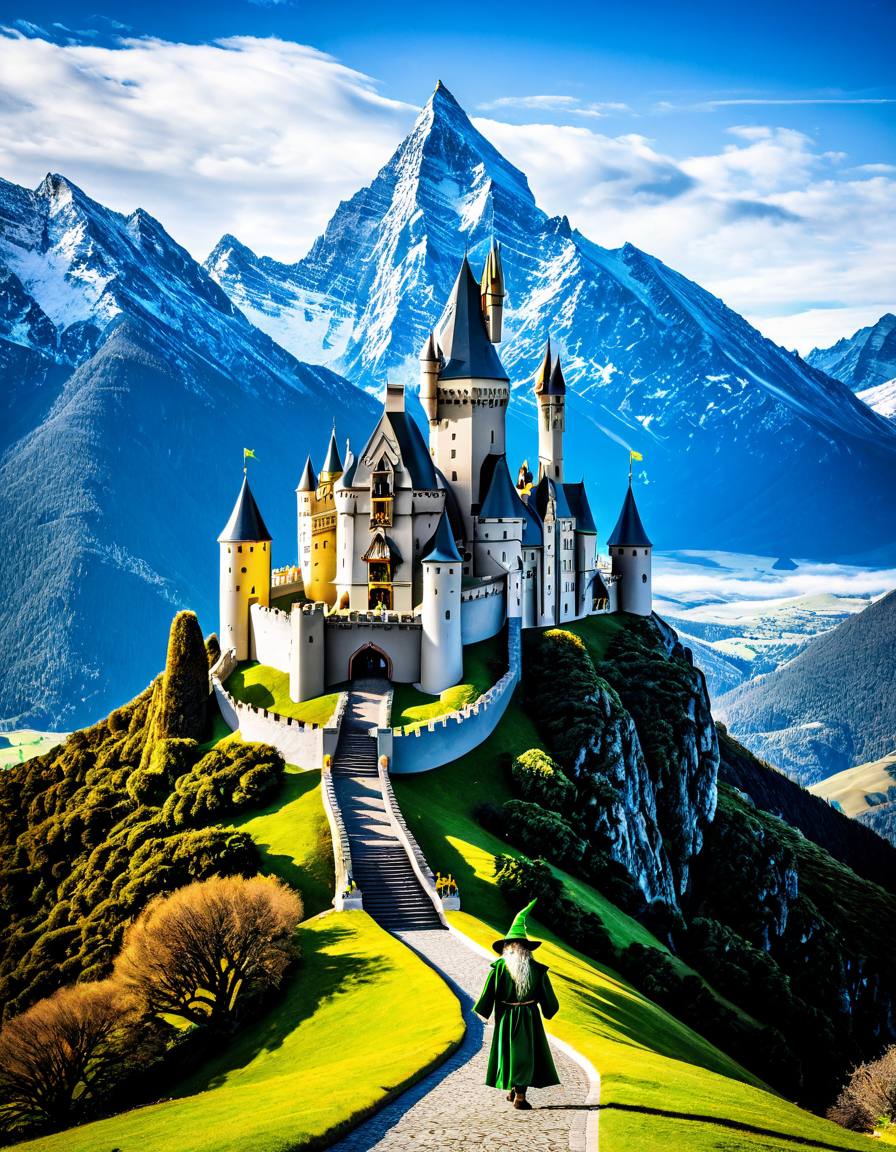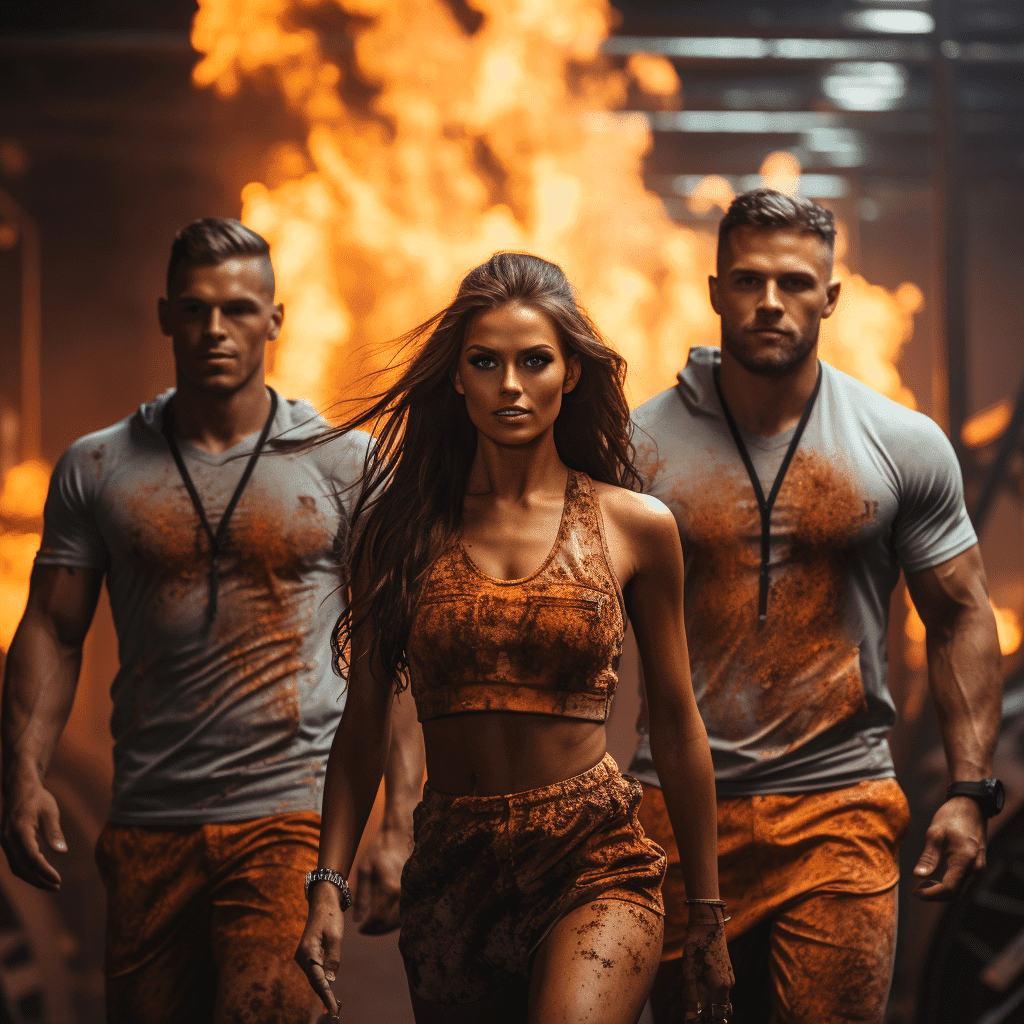The X Men series has become a monumental part of global pop culture, exciting fans with its rich tapestry of characters and storytelling. These aren’t just superheroes; they embody the struggles, identities, and triumphs of society itself. Today, let’s dive into the extraordinary powers behind these heroes, showcasing how they’ve shaped not just comic book narratives, but discussions around acceptance, identity, and personal struggles. From Wolverine’s raw emotional depth to Storm’s fierce leadership, the X Men have something for everyone — and trust me, you don’t want to miss it.
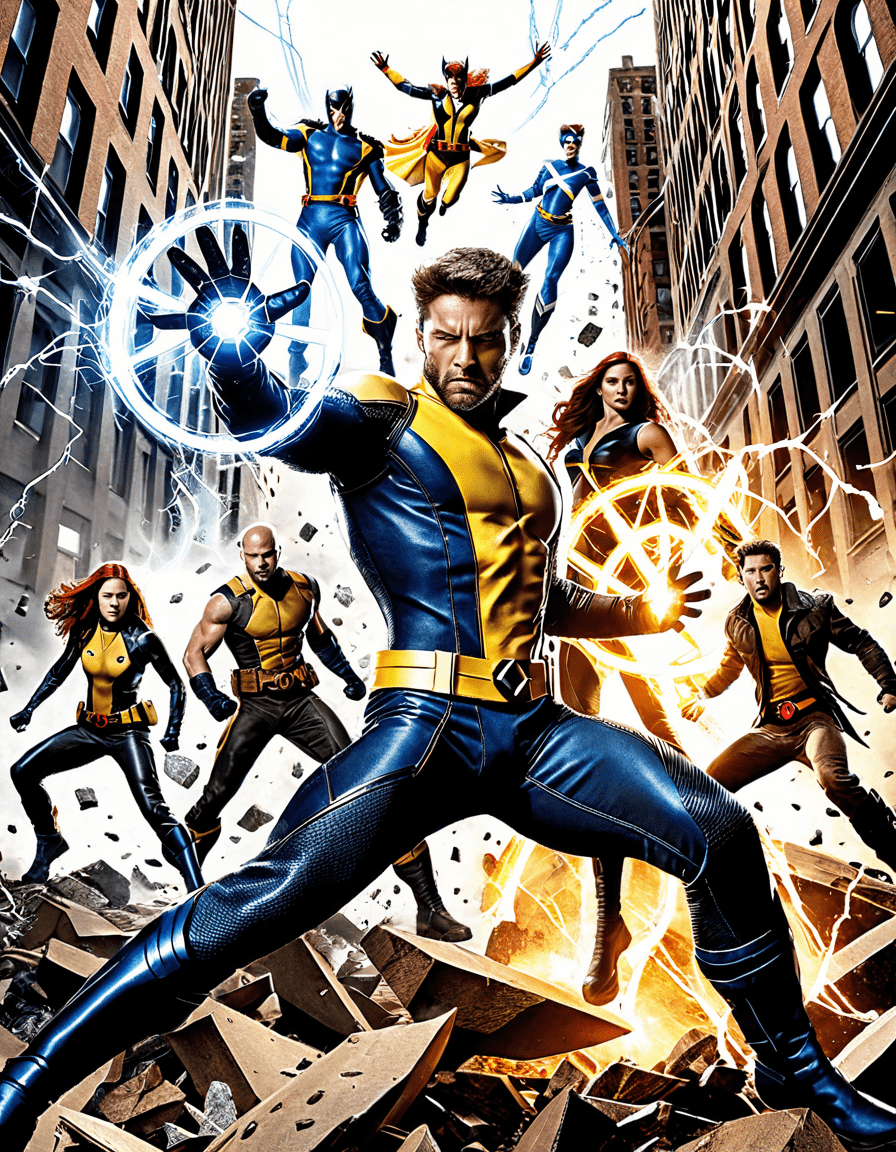
The Top 7 X Men Characters Who Changed the Superhero Game
The X Men franchise has introduced some of the most complex characters in comic history. Each hero (and villain!) has brought their own unique flair to the table, reflecting real-world issues that resonate across generations. Here are seven standout characters from the X Men universe who have made a significant impact.
1. Wolverine: The Reluctant Anti-Hero
Wolverine, or Logan, is undeniably one of the most iconic figures in the X Men line-up. With abilities that include rapid healing and an ultra-tough adamantium skeleton, Wolverine isn’t just a killing machine; he’s a metaphor for endurance and resilience. That’s his appeal — his unyielding will to press on through pain and trauma reflects what many real-life battle veterans face. The 2017 film “Logan” stripped back the superhero façade, showcasing aging, loss, and the struggles of PTSD. It’s a portrayal so rich with humanity that it elevates Wolverine from a comic book character to a symbol for countless individuals grappling with their own demons. Can you relate?
2. Storm: The Weather Goddess and Symbol of Strength
When you think of commanding figures in the X Men, Storm (Ororo Munroe) instantly comes to mind, and for a good reason. She’s not just one of the first major Black female superheroes; she’s a storm (pun intended) of inspiration and leadership. The character has weather-manipulating powers that mirror her personal journey and resilience in the face of adversity. Storm’s narrative is intertwined with the civil rights movement, advocating for acceptance and understanding — a necessity in today’s society. Notably recognized for her strength, she serves as a reminder that we must embrace diversity.
3. Magneto: The Complex Villain
Ah, Magneto. Erik Lensherr is the quintessential misunderstood villain. His tragic backstory as a Holocaust survivor showcases the harsh realities of oppression and discrimination, painting him as both a foe and a figure of sympathy. By believing that mutants are a superior class, he challenges the very norms of heroism, pushing readers to consider the moral dilemmas of leadership and power. Magneto’s character invites us to reflect on the complexities of humanity and the repercussions of prejudice. Like life itself, things are rarely black and white.
4. Jean Grey: The Dangers of Power
Jean Grey isn’t just another mutant; she embodies the awe and terror of wielding immense power. Her transformation from a loyal X Men member to the overwhelming Phoenix brings to light the duality of power — how it can both corrupt and empower. The mental struggles Jean faces while dealing with the Phoenix Force delve into themes of control and self-identity, resonating deeply with anyone who’s ever felt overwhelmed by their circumstances. It’s a story of balance, reminding us that true strength lies not just in power but in knowing how to control it.
5. Deadpool: The Meta Hero
Then we have Deadpool, a character so unique and hilarious that he’s managed to turn the superhero genre on its head. Known as the “Merc with a Mouth,” he provides a refreshingly irreverent take on familiar tropes, often breaking the fourth wall with comedic flair. By poking fun at the superhero norms, Deadpool taps into the absurdities of storytelling, making the audience question everything they thought they knew about heroes. If you want a hero who’s just as likely to make you laugh as he is to save the day, Deadpool’s your guy.
6. Cyclops: The Burden of Leadership
The spotlight must shine on Cyclops, or Scott Summers, who’s often caught in the crosshairs of leadership and personal sacrifice. As the leader of the X Men, Cyclops bears the heavy burden of expectations and moral dilemmas. His journey is both commendable and relatable, reflecting the tough choices real-life leaders often face. Cyclops’s struggles prompt intriguing discussions on the essence of leadership and accountability in tense situations, showing that being a leader isn’t just about issuing orders — it’s about making the tough calls.
7. Rogue: The Power of Connection
Lastly, let’s not forget Rogue. Initially introduced as a villain, she swiftly captured the hearts of fans and transformed into a beloved member of the X Men. Rogue’s power to absorb memories and abilities signifies her internal struggles with identity and connections. This struggle to find belonging and acceptance emphasizes the human desire for connection, a theme that remains relevant. She illustrates that even those with formidable powers crave love and support, teaching us the importance of forging genuine bonds.
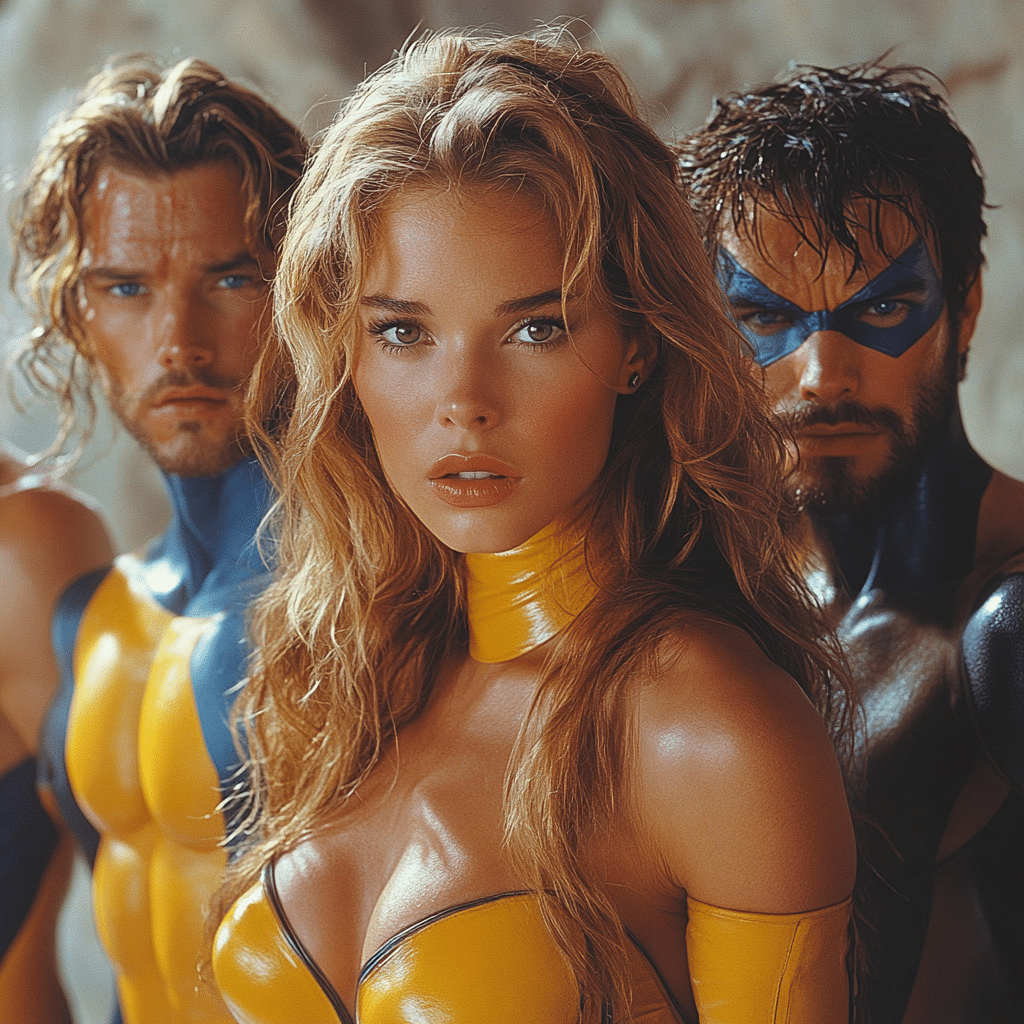
The Evolution of X Men First Class: A New Generation of Heroes
With the reboot of “X Men First Class,” we saw a fresh approach to storytelling, allowing mutant abilities to shine within authentic historical narratives. This new batch of mutants highlighted how their powers don’t define them; it’s their lived experiences that truly matter.
X Men First Class Cast Analysis
Starring James McAvoy as Professor X and Michael Fassbender as Magneto, the film offers a glimpse into their evolving relationship, reflecting real socio-political movements. As they navigate through ideological differences, the portrayal echoes the civil rights battles of the 1960s. Their friendship serves as a poignant reminder that unity can be tested by the very ideologies we hold dear. The film not only highlights the bond between these two characters, but it also adds depth to the overarching X Men narrative.
The Impact on Subsequent Installments
The fresh approach in “X Men First Class” has influenced subsequent films to explore deeper character narratives rather than defaulting to mindless action. As a result, newer entries in the series are more inclusive, with characters breaking traditional molds while adding layers of diversity. This evolution underlines society’s changing views, allowing fans to connect with a broader spectrum of identities.
In the grand tapestry of superhero storytelling, the X Men shine not only for their extraordinary powers but also for the powerful stories they represent. Characters like Wolverine, Storm, and Deadpool do more than save the day; they tackle pressing social issues that resonate deeply, showcasing the strengths of identity, power, and acceptance. The X Men series continues to inspire conversations far beyond comic books and films, holding a mirror to our realities while reminding us of the power of unity and understanding in our diverse world.
Whether you’re striving to get shredded like Wolverine or channeling Storm’s leadership, let the X Men be your motivation. Grab your training gear, crank up that workout playlist, and transform yourself in ways you never thought possible!
X Men: The Extraordinary Powers Behind the Heroes
The Origins of X Men Trivia
Did you know that the X Men, created by Stan Lee and Jack Kirby, first appeared in 1963 in X-Men #1? This iconic comic series was part of a cultural turning point, showcasing superheroes with unique abilities and social commentary on acceptance and difference. Fun fact: Quinn Culkin, the younger sister of actor Macaulay Culkin and a budding actress herself, would absolutely have a soft spot for characters like Rogue and Gambit who embody charm and complex backstories. In the X Men universe, these characters, like Cyclops and Jean Grey, are not just superheroes; they’re relatable figures facing their own struggles, much like anyone might at Asia Restaurant, taking a break from life’s chaos.
Unique Powers and Influences
Each member of the X Men has diverse powers, tailored to their past experiences and personalities. From Pyro’s fire manipulation to Professor X’s telepathy, there’s really no shortage of creativity. Interestingly, Wolverine, with his legendary healing factor, could inspire something akin to the Weaverville community spirit—vibrant and continually regenerating after challenges. And speaking of challenges, there’s a wild crossover fan theory that suggests parallels between the powers in X Men and the battle of personalities seen in the Blue Exorcist, highlighting deeper themes of inner conflict and power misuse.
Fun Facts You Might Have Missed
It’s worth noting that the X Men franchise doesn’t just stop at comics and animated series. Films such as the X-Men: Days of Future Past have captivated audiences, much like the thrill of Wrestlemania 2025 promises to do for wrestling enthusiasts. Within the cinematic versions, we see characters like Mystique use their unique abilities in spectacular fashion. So next time you’re watching the Academy Awards 2025, keep an eye out for actors who might just be wearing inspired styles reminiscent of their X Men counterparts. And you know what? The rage and hilarity depicted in Hangover might just be a perfect build-up to those intense moments seen in the X Men movies, blending humor with deep, underlying tensions.
From the very first issue to modern adaptations, X Men showcases a journey through heroism and humanity. It’s a vibrant saga, echoing real-world struggles and triumphs, reminding us that, much like the characters, we all have a superpower waiting to be discovered.
